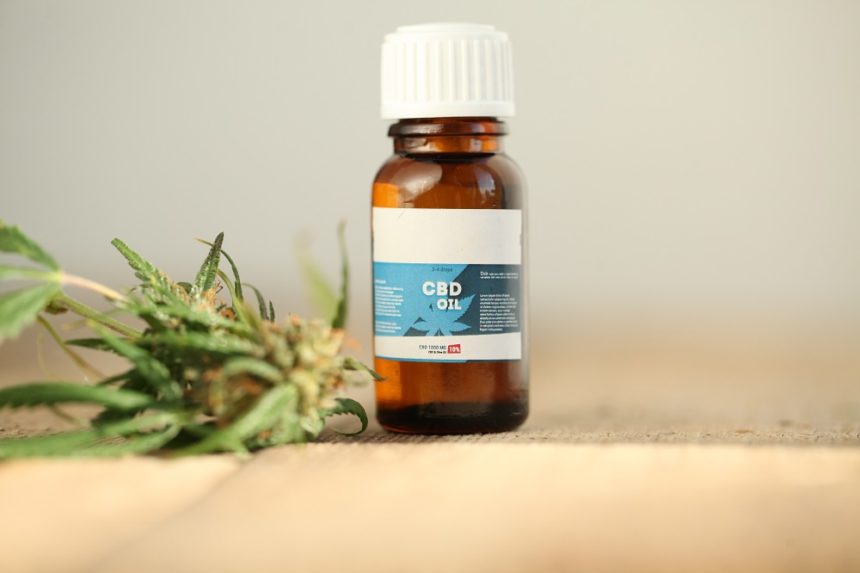On Monday, the FDA said it sent a warning letter to medical cannabis company Curaleaf for illegally selling unapproved products containing cannabidiol (CBD) online with unsubstantiated claims.
Those claims included touting products, from lotions and tinctures to food and a vape pen, for such uses as treating the spread of cancer, as well as Alzheimer’s disease, ADHD, opioid withdrawal, pain and pet anxiety, among other conditions or diseases. The agency gave the company a 15-day deadline to correct the violations.-
In a statement, Curaleaf said it’s committed to complying with the letter and added, “We can affirm that nothing in the letter raises any issues concerning the quality and consistency of any Curaleaf product or calls into question the high safety standards of the company’s cultivation and manufacturing processes.”
Shortly after the letter’s release, the company’s shares fell 8%, and other cannabis companies saw share declines, including MedMen, which experienced a 3.3% decline. OrganiGram Holdings was down by 2.2%; Green Growth Brands’ stock was down by 1.9%; and Aurora Cannabis and Tilray were both down 1.4%.
It’s not the first time the agency has warned a CBD product marketer for making unsubstantiated medical claims, and the warning came on the heels of an FDA’s first public hearing about how to regulate cannabis products, which took place in May.
“The agency continues to be concerned at the proliferation of products asserting to contain CBD that are marketed for therapeutic or medical uses that have not been approved by the FDA,” the FDA said in a statement.
Curaleaf’s violative messaging appeared on the company’s product webpages, in its online store and on its Twitter and Facebook pages, as per the warning letter. Most, if not all, of these pages and posts were taken down after the letter was made public.
Curaleaf also marketed some of its CBD products as dietary supplements, or food that has been mixed with the drug, a common practice among CBD companies which sometimes allows them to fly under the radar of regulatory scrutiny, according to the FDA.
The agency has said it’s concerned about CBD in food, as it’s not subject to the same clinical vetting process as drugs. The compound is also an active ingredient in one approved drug, GW Pharma’s seizure treatment Epidiolex.
Said FDA commissioner Ned Sharpless, “Selling unapproved products with unsubstantiated therapeutic claims – such as claims that CBD products can treat serious diseases and conditions – can put patients and consumers at risk by leading them to put off important medical care.”
While the agency is primarily concerned with detecting and stopping these violations, it also recognizes “the potential opportunities and significant interest in drug and other consumer products containing CBD,” added FDA’s principal deputy commissioner, Amy Abernethy, also in the statement.
The agency is working on developing regulation for CBD products that fall under its jurisdiction and exploring ways in which these products can be lawfully marketed. Abernathy added that the FDA will report its progress on this topic later this year.








